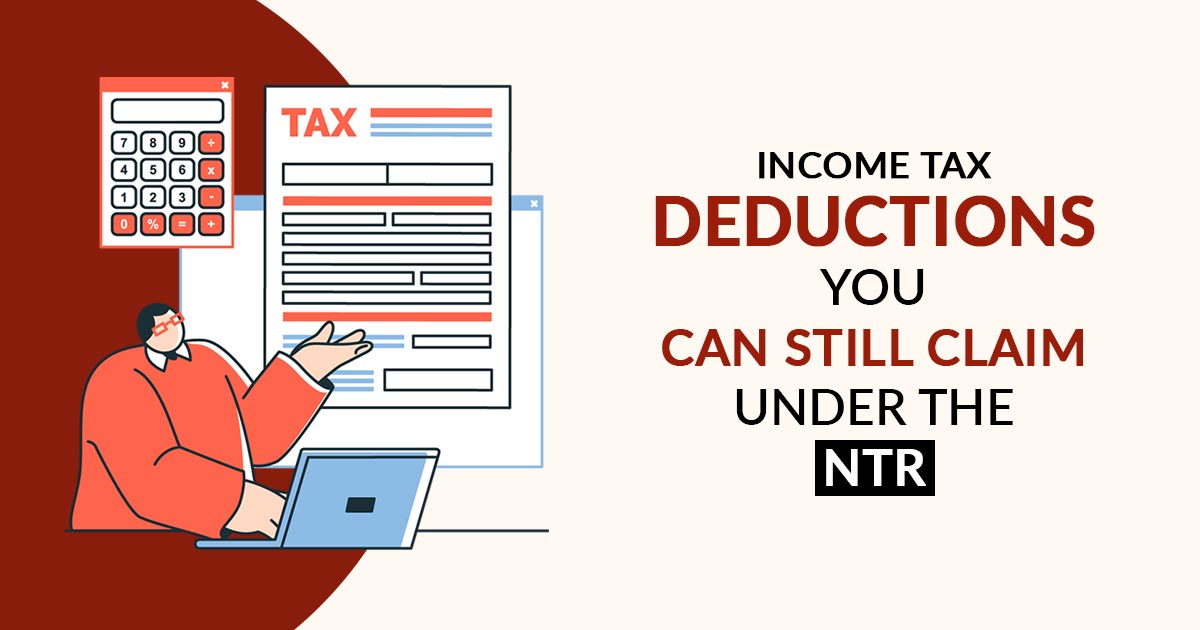Some Income Tax Deductions Still Available Under the NTR
February 18, 2025 at 2:57 pm,
No comments

As the new tax regime becomes more common, taxpayers may lose their ability to claim many exemptions and deductions available under the old tax regime. This includes provisions from sections 80C, 80D, 80DD, and 80G.
The new tax regime has already been opted for by nearly 73% of taxpayers while the CBDT Chairman has mentioned that he anticipated that 90% of taxpayers shall proceed with the new tax regime for the next year.
Must Read: New Tax Regime (U/S 115BAC) Process in Gen IT Software
Taxpayers in the new tax regime could claim the deductions merely under certain situations which we have listed below-
Exemptions Can be Claimed by the Taxpayers Under These Cases
- [Income Tax] Section 80CCD(2): The same exemption is furnished for the contributions incurred by the employer for the National Pension System (NPS).
- [Income Tax] Section 80CCH: The same exemption is provided for the income made via the Agnipath scheme.
- [Income Tax] Section 80JJAA: The same sections allow the eligible businesses to claim a 30% deduction on other employee recruitment costs for 3 successive assessment years.
If the taxpayer wishes to opt out of the new tax regime and submit the income tax under the old tax regime.
Rebate Provisions Under Section 87A
Under 87A which is ₹25,000 (for FY 2023-24), the new tax regime permits the taxpayer's rebate. This rebate has been raised to ₹60,00 (to be applicable from 2025-26) in budget 2025.
Read Also: Who Can and Cannot File ITR-U Under 48-Month Extension
Allowances Permitted Both Regimes
These are the allowances furnished under both the regimes:
- Any allowance provided to cover the expenses of travel during tours or transfers.
- Any allowance whether granted on tour or for the journey period concerning the transfer to fulfil the ordinary daily charges made via an employee based on the absence from his normal place of duty.
- If an employer does not provide free transportation for work-related duties, any allowance given to cover the travel expenses incurred while performing those job responsibilities can be considered.
- The employee who is blind or deaf and dumb or orthopedically handicapped with a disability of lower extremities is been provided with a transport allowance to meet his expenditure for the objective of commuting between the place of his residence and the place of his duty.
